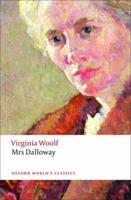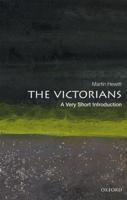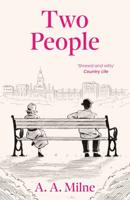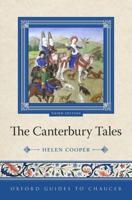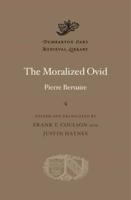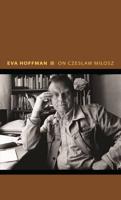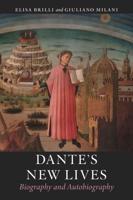Publisher's Synopsis
This historic book may have numerous typos and missing text. Purchasers can usually download a free scanned copy of the original book (without typos) from the publisher. Not indexed. Not illustrated. 1914 edition. Excerpt: ...more seriously. They rigidly observed their father's and grandfather's cult of self-possession; but they also affected strong and sensitive passions. Their ideal was to repress powerful emotions beneath a refined, or even mincing, manner, till the breaking point was reached in floods of tears or in a swoon. As contact with the hard and varied realities of life was still considered to such a degree ill-bred that even the bailiff's scene in The Good-Natur'd Man was censured, people had to look to domestic incidents for pathos and passion. A look, a gesture, or a silence was, for them, charged with sentiment. They waxed tearful or melancholy over the spectacle of a woman preserving her inbred elegance under persecution and insult. They loved to contemplate the tenderness of paternal or filial instinct, and dramatists were wont to introduce sudden recognitions between a parent and a long-lost child, in order to Characteristics of the Audiences 289 give an emotional turn to their plays. Their dramatic ideas centred in the morality of the drawing-room or the domestic circle. Even wickedness (except when the exigencies of the plot required a melodramatic villain) was a temporary lodger in a conscience-stricken breast; even humour was appreciated only when a rugged but domesticated character, such as a Scottish servant, almost travestied virtue by an uncouth exterior. Such was the class which gave the theatre its tone. But the spectators who packed Drury lane and Covent garden were not entirely composed of sentimentalists. The Mohawks, whom Swift feared and Steele censured, had their descendants under George III. Bullies in the pit, like footmen in the gallery, seemed to have followed occupants of the boxes in matters of dramatic taste; but they...

